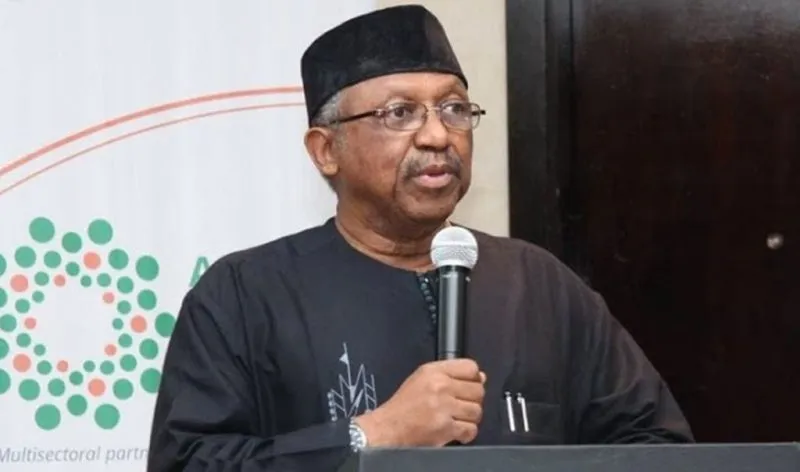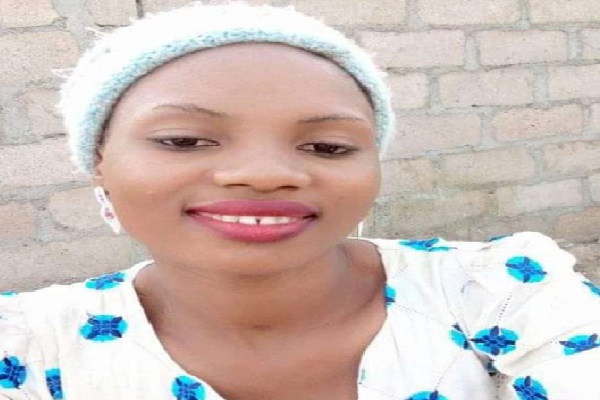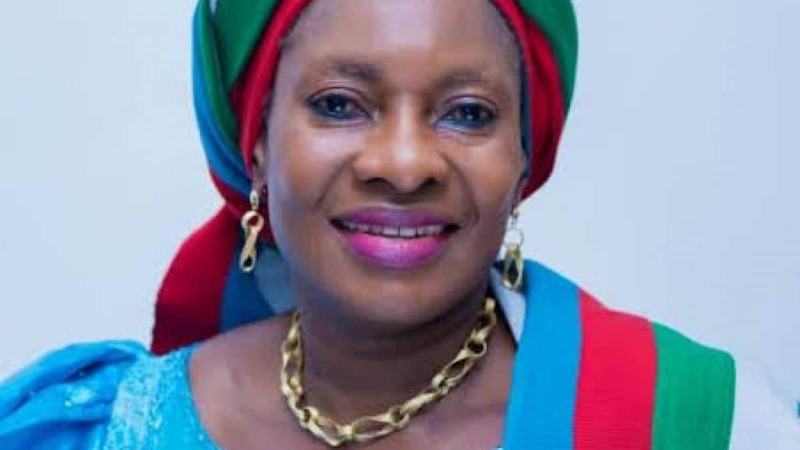266 journalists attacked in five years-Report
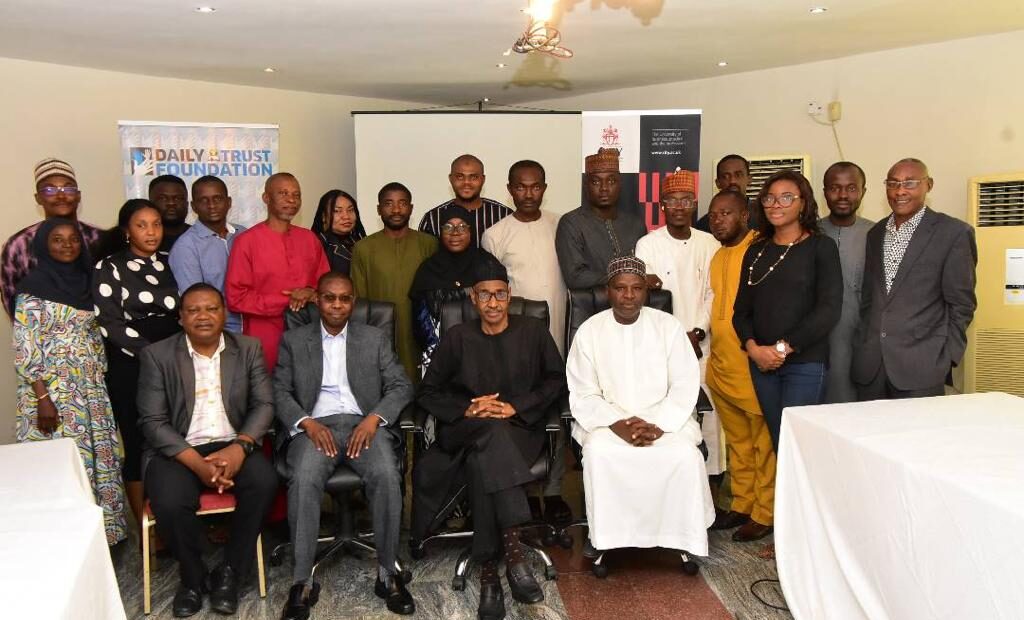
…Daily Trust Foundation, City University of London organise safety training on conflict reporting
By Clement Adeyi
Key points:
-
Lagos, Abuja rank highest in attacks against journalists between 2017 and 2022
-
Journalists need to protect themselves, loved ones and sources
-
Journalists should learn first aid, take hostile environment training
-
Training of journalists on conflict reporting imperative
Piqued by the rising vulnerability of journalists to the hassles and hazards of journalism profession, Daily Trust Foundation, in collaboration with City University of London, recently organised a one-day training to orientate them (journalists) on how to play safe while covering conflict assignments.
The conflict reporting training which took place in Abuja had scores of journalists from the print, electronics and online media spectrum.
While highlighting the details of the event and its rationale and veracity, the Director of Programmes, Daily Trust Foundation and Lead Discussant, Dr Theophilus Abbah, who spoke on the theme: “Discussion on Safety Issues Affecting Nigerian Journalists,” said the training became imperative, following the rising spate of attacks on journalists in the country and the need to train them on basic safety measures and application for them not to fall victims.
Dr Abbah quoted Centre for Journalism Innovation and Development as saying that 266 journalists came under attack in Nigeria between 2017 and 2022.
He also disclosed that all the 36 states of the federation, including Abuja, the FCT, had witnessed attacks on journalists. The attack, he added, were commonly perpetrated by politicians, hoodlums and security personnel.
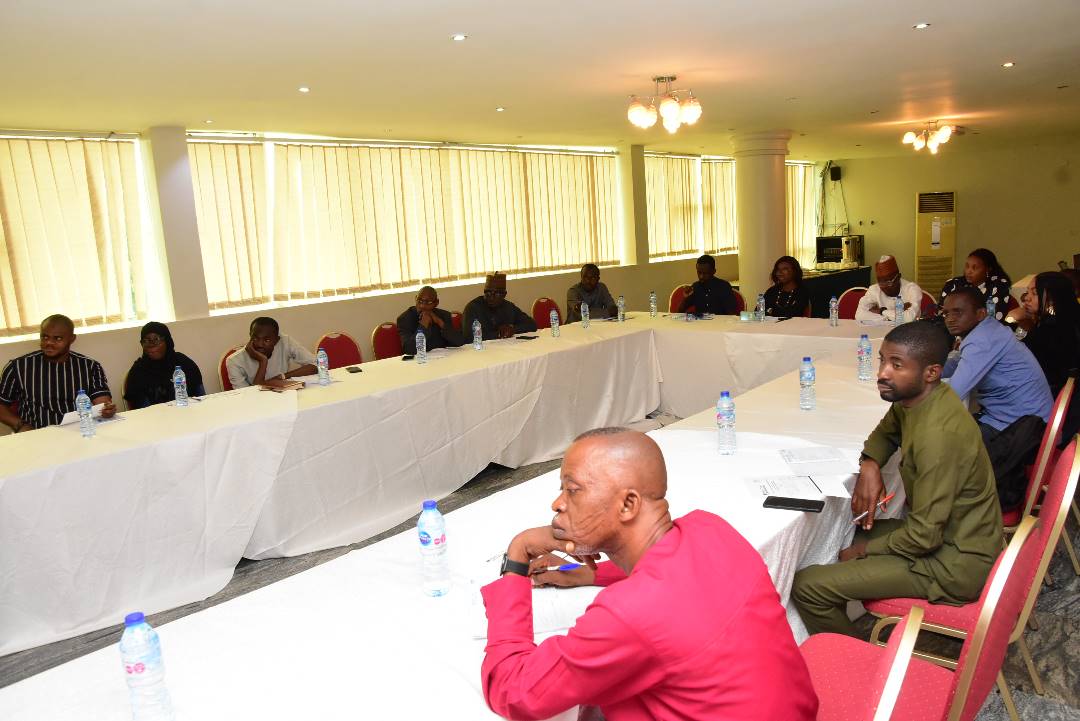
Participants at the training
Dr Abbah also disclosed that Lagos recorded the highest number of attacks on 39 journalists, while Abuja came second with 32 attacks. While Kaduna recorded 18 attacks, Osun and Anambra recorded 13 and 12 attacks respectively.
Details of other attacks include:
Bayelsa 11, Oyo 10, Delta 8, Akwa-Ibom 8, Abia 7, Edo 7, Kogi 6, Ebonyi 6, Bauchi 6, Gombe 1, Owerri 1 among other states.
Abbah said attacks on journalists were not limited to them but also extended to their wives and family members in some circumstances.
He added that the attacks, apart from physical torture or assault, journalists’ work tools got confiscated, seized or destroyed by the attackers in the course of discharging their duties.
Other disgusting versions of attacks on journalists, Dr Abbah stressed, included judges’ propensity to bar journalists from covering court cases or sending them out of court in the course of doing their jobs.
While introducing them to basic safety measures that journalists must be conscious of in conflict reporting, he told the trainees that while they valued their jobs and passionate about productivity, they must not place it ahead of their lives, “because in every profession, safety comes first.”
Thorough planning and preparations are key to reporting dangerous events safely
“You must first of all consider your life more important than your job. It’s when you are alive that you can do your job. You must always put your life first by playing safe when covering a conflict assignment,” he stressed.
Dr Abbah who also gave a very important hint on how a journalist could play safe in reporting an investigative story that could amount to stepping on a tiger’s tail, cautioned that if the report involved a personality that was deadly or brutal and could attack the journalist in any way that pleased him, such reporter should hide under the cover of his or her media organisation’s management to do the job.
According to him, if a reporter handled such a report with secrecy, he would end up endangering his life. But if he involves the management, the latter would handle the report with official fiat, get in touch with the personality or organisation involved to disclose the intention. On this note, the reporter’s byline would not be used for safety purpose.
The Director of PhD programmes, Department of Journalism, City University of London, Dr Abdullahi Tasiu, whose training centred around: “Safety of Journalists in Conflict Reporting, gave 25 basic safety guides to the trainees. Two of them stand out:
First, your goal should be to get close enough to observe the scene without endangering yourself or others or interfering with security or rescue operations.
Secondly, safety first, story second. When you take undue risks, you endanger those who might have to rescue you. Your actions also reflect on your fellow journalists.
He added: “Journalists should “learn first aid, take hostile environment training and stay up-to-date on standards of care and safety – both physical and psychological – to help themselves, or injured colleagues in the field.” They should “make careful risk assessments before traveling to hazardous zones and measure the journalistic value of an assignment against risks.”
While making reference to an UNESCO report (2017) on Safety measures, Tasiu gave some tips
on how to minimize risks. He quoted the source as saying: “Thorough planning and preparations are key to reporting dangerous events safely.
Undertaking risk assessments ahead of assignments. The key to safe working is anticipating danger and acting accordingly.”
He stressed that safety tips had the capacity to ‘save lives, limbs and liberties.”
Make careful risk assessments before traveling to hazardous zones
While also explaining the rationale behind safety tips for journalist, he also quoted the report as saying: “Journalists need to protect themselves, their loved ones and sources.”
“Journalists’ safety is a human rights and democracy issue.”
The Chairman of Daily Trust Foundation, Alhaji Bilya Bala, who also unveiled some safety measures to the trainees and asked them to apply them in the course of their duties, also urged them to be courageous always because “journalism involves higher risks but higher returns.
“But never take foolish risk as you do your job just because you want to impress your editor or your organisation. In the face of risk, there are still ways to do it and get the same result. Every profession has its safety challenges. That is why training is required to face and overcome the challenges and that’s what we are doing here today,” Bala said.
In a speech delivered at the programme to explain the purpose of the training, Bala stressed: “Safety is critical for journalism practice because of the hazards involved. Every sector that exposes practitioners to hazards emphasises safety. In the construction industry for instance one familiar slogan is “safety first.” But workers in the sector go beyond sloganeering and wear protective gears like helmet, boots and khaki apart from keeping to safety rules while on construction sites. Also, the concept of insurance for goods, property and even life is derived from the need for people to think safety even in their business activities. If various sectors think safety, journalists who are exposed to diverse kinds of attacks must also think safety.”
“At Daily Trust Foundation, we are contributing our own quota to ensure safety for journalists, not only through this collaboration with City University of London, but also through our other engagements.
Bala also noted that attacks on journalists were not only physical but also included cyber attack. To safeguard journalists against it, he recalled that Daily Trust Foundation sponsored a three-day training on cyber security for journalists in May, 2023.
“We all know that criminality has migrated to the cyber space as well. Journalists and the work we do have come under serious threats from cyber criminals. The training was to enhance the capacity of journalists to prevent being attacked and to be able to embark on remedial measures if they become victims,” he said.
Veteran investigative journalist and former Editor-in-Chief of Daily Trust, Mallam Manir Dan Ali, who also gave some safety tips to the trainees, said that holding powerful people but not just prominent people to account involved a lot of risks. According to him, such powerful people include fraudsters and criminals who don’t want to be touched. If touched through any media report, they have tendency to react dangerously.
He, therefore cautioned the trainees to be smart and cautious of their safety when trying to touch such class of people.
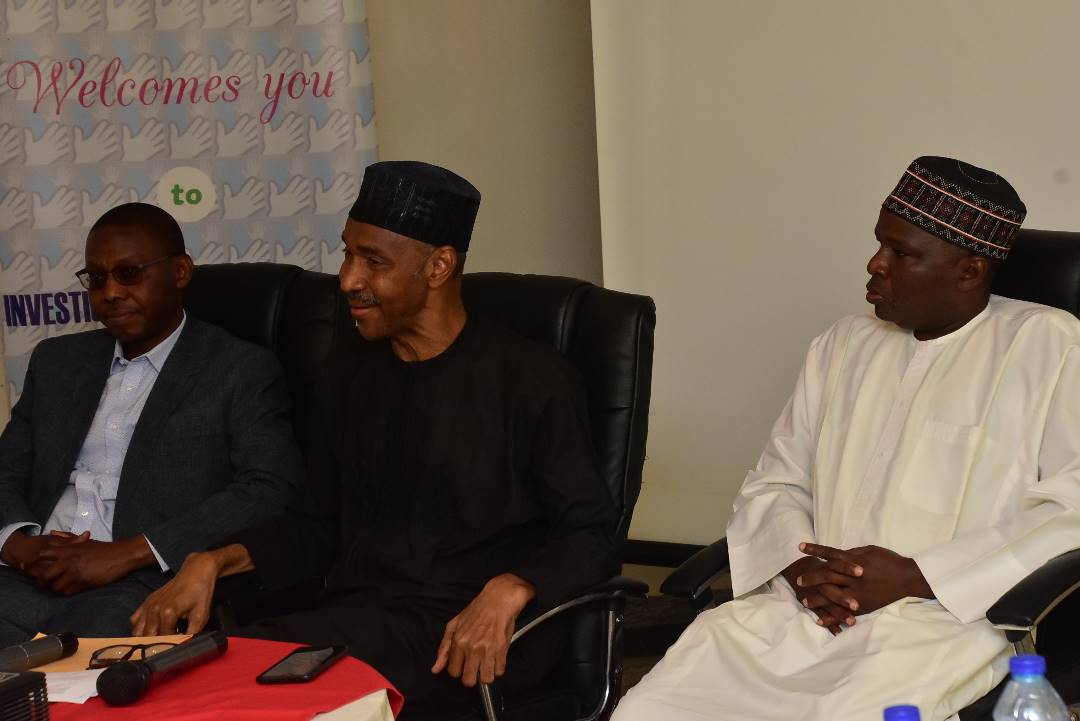
Some officials of the Daily Trust Foundation and the City University of London
He, however, pointed out that playing safe did not mean that they should not do their jobs by chickening out cowardly even when it’s possible to do their job in the face of insecurity.
He added that not only journalism but every profession had its peculiar hazards.
Dan Ali stressed that journalism was not all about reporting government or comfort zones and making money on the sidelines but also conflict zones which attracts readers more as it brings balance to reporting.
He added that journalism was not a scratch my back I scratch your batch affair, but accountability with robust balancing.
While stressing the need for journalists to place more premium on their lives than their job even while trying to do their best, Dan Ali said: “No story is worth your life. No story is worth putting your life in harm’s way. Do your job smartly and play safe.”
He also urged journalists to know their rights and enforce them by reporting cases of attack to relevant NGOs or civil society organisations for ethical intervention when their rights got trampled upon.
The Insight Report
Nigeria Coverage

